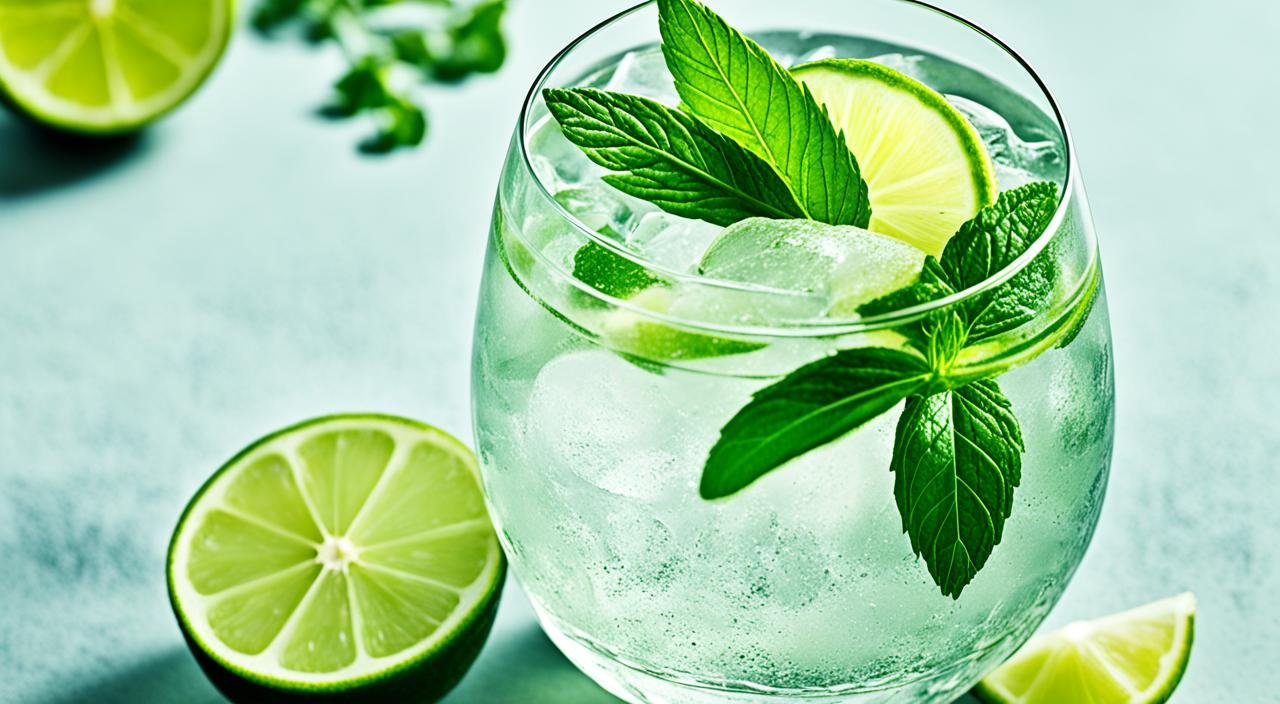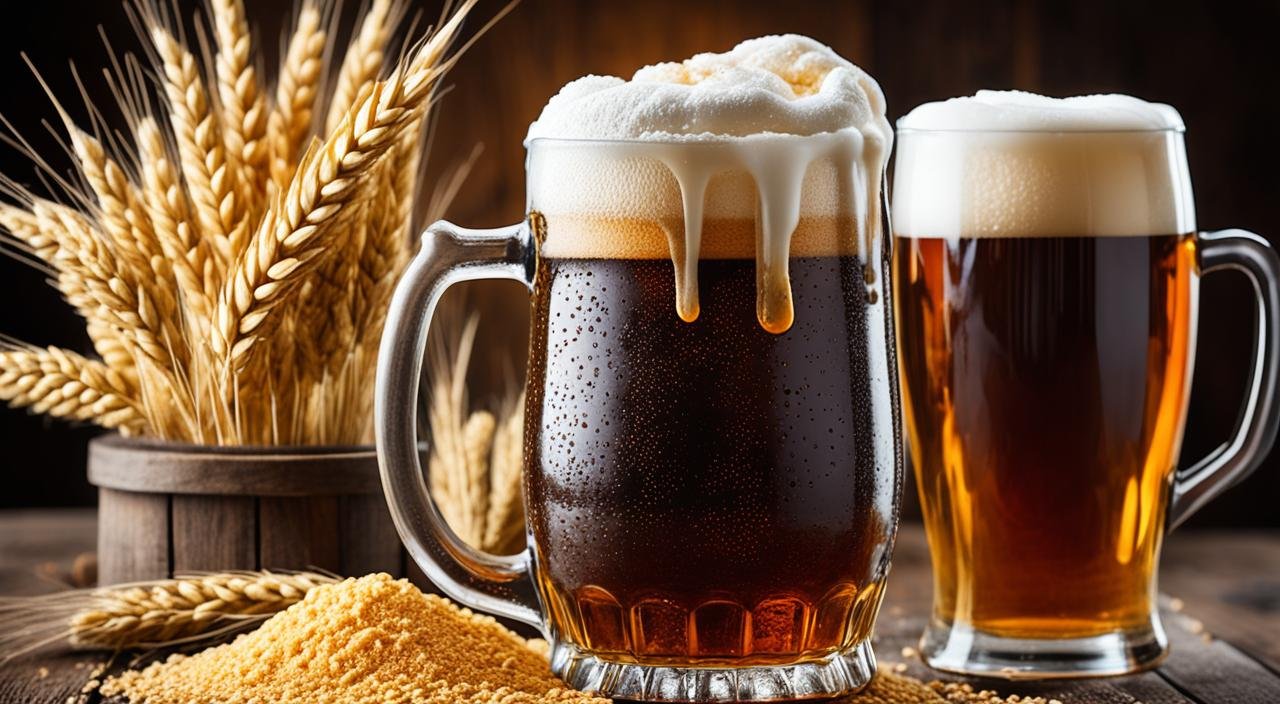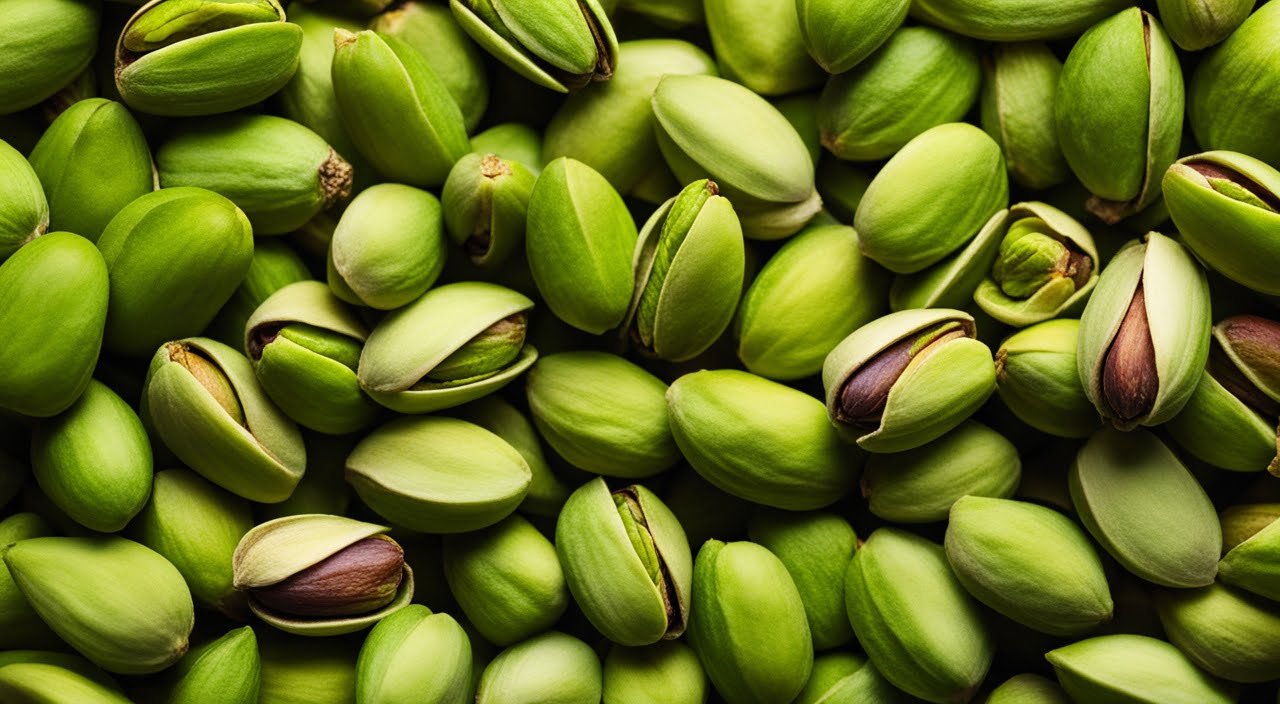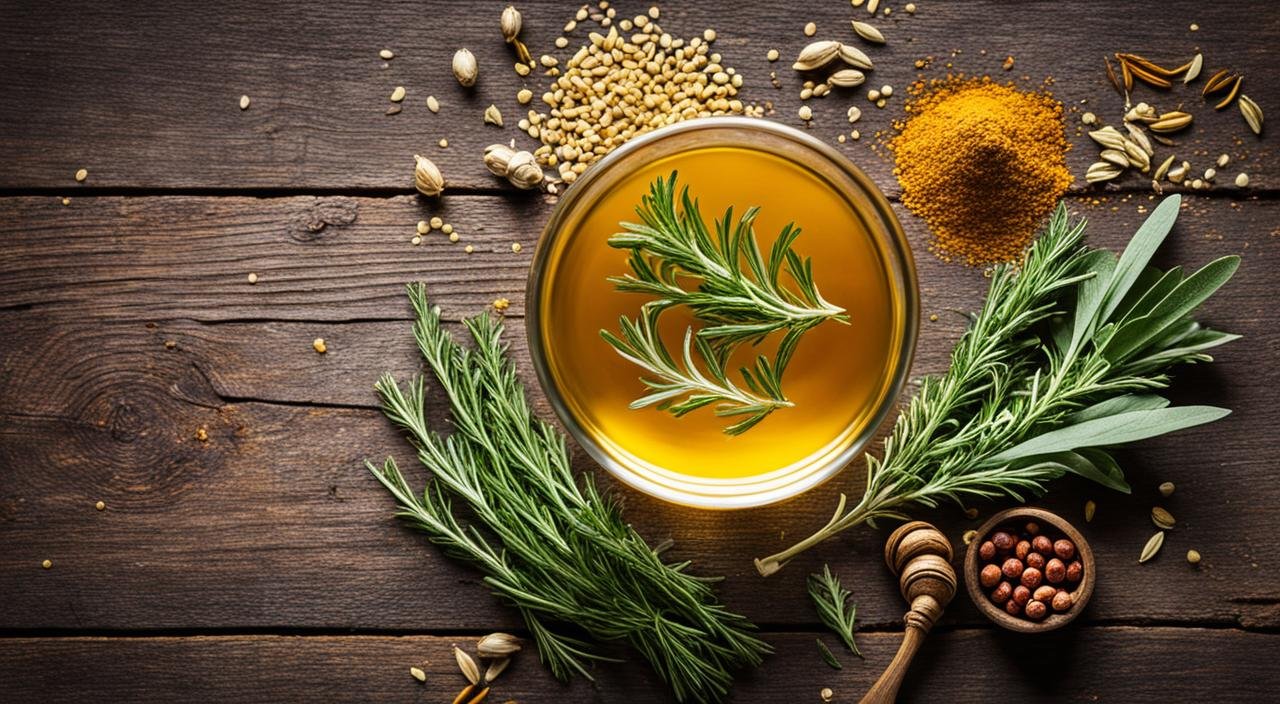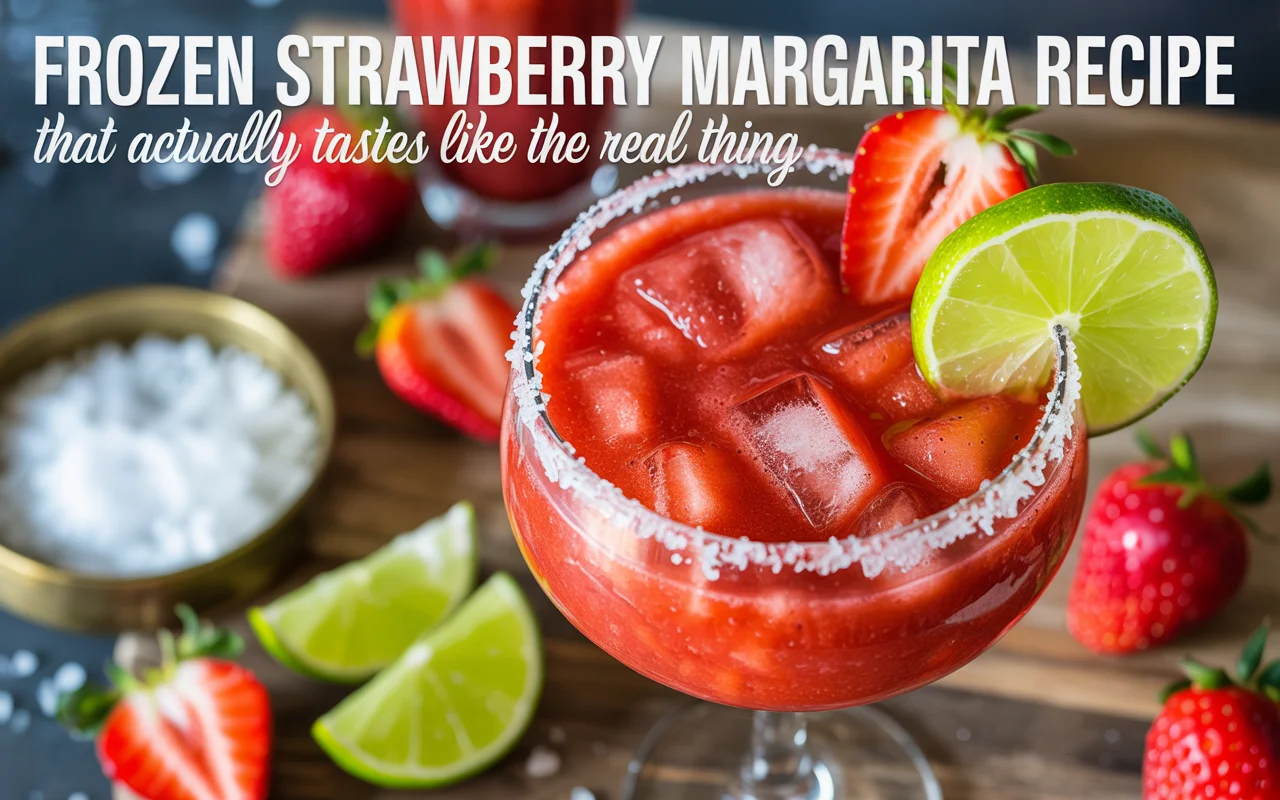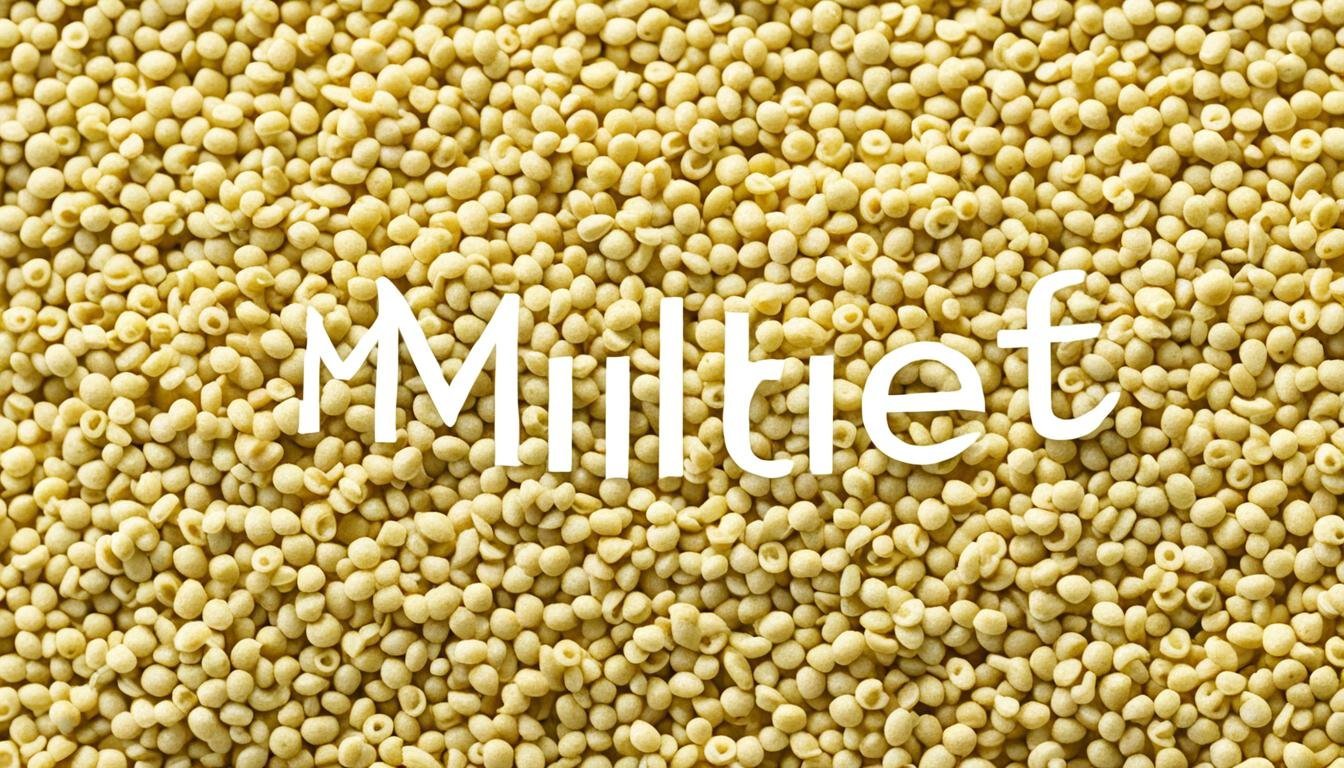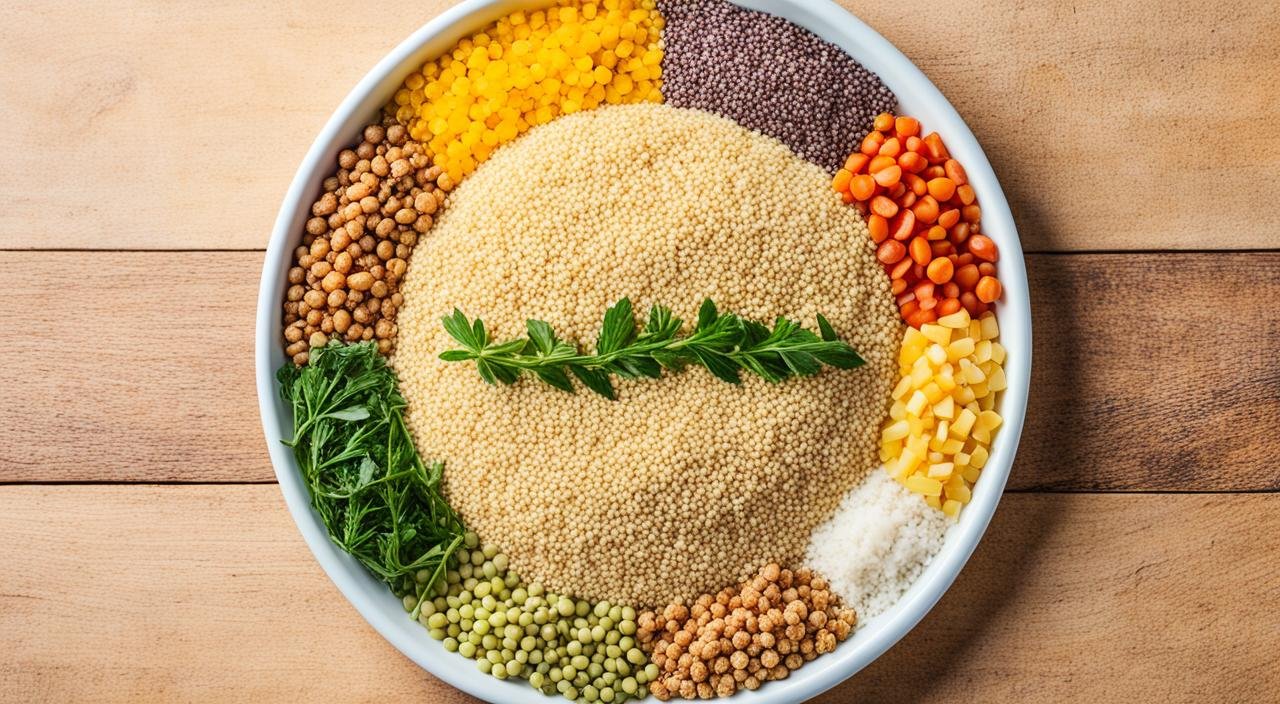Many of us are now paying more attention to what we eat and drink. This is especially true for those with celiac disease or gluten intolerance. Gin, a favorite spirit, often makes people wonder if it’s safe for a gluten-free diet. We’ll look into gin’s ingredients, how it’s made, and what this means for people with gluten issues.
Key Takeaways
- Gin is usually gluten-free because the distilling process removes gluten proteins.
- But, some gins might still have small amounts of gluten if they’re made with grain-based neutral spirits. This could be a problem for people with celiac disease or gluten sensitivity.
- Potato-based and grape-based gins are good choices for a gluten-free diet.
- Always check the labels and ingredients to make sure the gin you’re drinking is gluten-free.
- Be careful with cocktails made with gin. Some mixers and garnishes might have gluten.
Understanding Gluten and Its Effects
Gluten is a protein in some grains like wheat, barley, and rye. For people with celiac disease, gluten is harmful and triggers an immune response. Gluten intolerance is when people feel bad after eating gluten, but it’s not an autoimmune disease. Those with these conditions must avoid gluten in food and drinks.
What is Gluten?
Gluten makes foods like bread and pasta chewy and helps them rise. It’s a protein in wheat, barley, and rye. But for some, gluten can cause health problems, like gluten intolerance or celiac disease.
Celiac Disease and Gluten Intolerance
Celiac disease is when the body thinks gluten is harmful and attacks the small intestine. This can cause pain, bloating, diarrhea, and not getting enough nutrients. Gluten intolerance is when eating gluten makes people feel sick, but it’s not an autoimmune disease.
People with these conditions need to follow a gluten-free diet to stay healthy. This means avoiding foods with wheat, barley, rye, and their by-products. They also need to watch out for gluten in food preparation.
The science behind gluten sensitivity
Our bodies are like machines. For most people, gluten is just fuel. But for some, it’s like putting the wrong gas in a car. Their body sees gluten as an enemy and fights it. This fight can hurt the small intestine and stop the body from getting the good stuff from food.
A Brief History Of Gin
Gin has been around for hundreds of years. It started in Holland as a medicine in the 1600s. People thought it could cure stomach problems and gout. Later, it became super popular in England. In the 1700s, London had a “Gin Craze” where people drank way too much gin. Today, gin is enjoyed all over the world.
The Distillation Process and Gluten Removal
The distillation process makes spirits, like gin, gluten-free. It separates alcohol from the grains, leaving gluten behind. So, most spirits, including gin, are gluten-free.
By FDA rules, distillation removes all proteins, including gluten. The TTB lets producers call their spirits ‘gluten-free’ even if they come from grains with gluten.
The GFCO can say a spirit is gluten-free if it goes through their checks. But, some people might still react to grain-based gins. This is because distilling doesn’t always get rid of all gluten proteins.
| Distillation and Gluten Removal | Key Findings |
|---|---|
| FDA Regulations | Distillation can remove all proteins, including gluten, making it an effective process for gluten removal. |
| TTB Ruling | Producers can label their distilled spirits as ‘gluten-free’ even if made from gluten-containing grains. |
| Gluten-Free Certification | The GFCO can certify distilled alcoholic products as gluten-free if they pass its certification process. |
| Potential Reactions | Some individuals with gluten sensitivity may still experience reactions to certain grain-based gins. |

Is Gin Gluten Free?
Gin is usually gluten-free because the distilling process removes gluten. But, some people with celiac disease or gluten issues might still react to it. This could be from leftover gluten bits or cross-contamination during making.
Potential Reactions to Grain-Based Gins
The Celiac Disease Foundation says distilled drinks like gin don’t have harmful gluten. This is because the distilling process takes out gluten. It leaves behind a drink that’s gluten-free.
Yet, some folks with gluten issues say certain spirits, including wheat ones, make them feel sick. This might be from the alcohol irritating their stomach, not the gluten.
If you’re sensitive to gluten, it’s best to pick gins made from things like potatoes or grapes. This way, you avoid any possible problems. The Celiac Disease Foundation is clear: gin is gluten-free.
| Alcohol Type | Gluten-Free Status |
|---|---|
| Gin | Generally gluten-free due to the distillation process |
| Cider, Wine, Sherry, Port, Liqueurs | Generally gluten-free |
| Spirits (Distilled) | Gluten-free |
There’s a lot of wrong info out there about gin and gluten. But science says gin is gluten-free. So, people with gluten sensitivities can safely enjoy gin. Just make sure it’s made from non-grain sources.
Gluten-Free Gin Brands and Options
For those with gluten sensitivities, there are many gluten-free gin options. These include potato-based, grape-based gins, and popular brands that are gluten-free.
Potato-Based and Grape-Based Gins
Potato-based gins like Chase Gin and Priory Gin are great for those looking for gluten-free gin. Grape-based gins, such as Sing Gin, are also a good choice.
Hendrick’s, Aviation, and Other Safe Choices
Brands like Hendrick’s, Aviation American Gin, and Tanqueray are usually gluten-free. They are perfect for those with gluten sensitivities. Other safe brands include Gordon’s London Dry Gin, Bombay Sapphire, and The Botanist Islay Dry Gin.
When picking a gluten-free gin, always check the labels and ingredients. This ensures the product meets your dietary needs. By choosing these gluten-free options, you can enjoy gin’s unique flavors without worrying about your health.
When it comes to alcoholic beverages, many people wonder about the gluten content in various spirits. We’ve explored the gluten status of gin in detail, but what about other popular spirits like bourbon? If you’re curious about whether bourbon is gluten-free and how it compares to gin in terms of gluten content, check out our comprehensive guide on Is Bourbon Gluten Free?. Understanding the gluten content in different spirits can help you make informed choices about your drinks.
List of Gluten-Free Gin Brand
| Gin Brand | Gluten-Free Status | Price Range |
|---|---|---|
| Beefeater London Dry Gin | Gluten-free | Under $25 |
| Seagram’s Extra Dry Gin | Gluten-free | Under $20 |
| Hendrick’s Gin | Gluten-free | Around $50 |
| Tanqueray Dry Gin | Gluten-free | Under $35 |
| Gordon’s London Dry Gin | Gluten-free | Below $15 |
| Aviation Gin | Gluten-free | Around $30 |
| Bombay Gins | Possibly contains trace amounts of gluten | Under $30 |
Gluten-free certification process
Getting a “gluten-free” sticker on gin is like getting a gold star in class. Companies have to prove their gin is safe. They send it to special labs for testing. If the gin passes all the tests, it gets the gluten-free label. It’s a big deal for people who can’t have gluten.
Fun fact: “Gin’s main flavor comes from juniper berries. Did you know that juniper isn’t actually a berry, but a type of pine cone?”
Checking Labels and Ingredients
When looking for gluten-free gin, we must check the labels and ingredients closely. Gin doesn’t always list all its parts on the bottle. But, it must tell us if it has gluten-containing cereals. If the gin comes from gluten-free sources, it will say so on the label or website.
Good news! Gin and other distilled alcohols like vodka and whisky are usually gluten-free. This is true even if they start with wheat, barley, or rye. The distilling process removes the gluten, making them safe to drink.
In 2014, the TTB said it’s okay to call alcohol gluten-free if it doesn’t have wheat, barley, rye, or their mixes. This rule was made stronger in 2015 when the FDA said distilling removes gluten from drinks.
But remember, not all drinks are safe for a gluten-free diet. Beers with barley malt still have gluten, so avoid them. Always trust “gluten-free” labels that are officially certified.
So, always double-check the gin labels and gin ingredients. Make sure they have the gluten-free labeling to be sure it’s safe to drink.
“When it comes to choosing gluten-free gin, it’s better to be safe than sorry.”
Mixers and Cocktails: Potential Gluten Sources
When you enjoy a gin-based cocktail, think about more than just the gin. Mixers, garnishes, and other parts can also have gluten. Choosing gin mixers like tonic water or juices helps make sure your drink is gluten-free.
Most wines and ciders don’t have gluten, so they’re safe for those with gluten issues. Spirits and liqueurs are also gluten-free because they’re made through distillation. But, always check the mixers and other ingredients to keep your drink gluten-free.
List of Gluten-free Alcoholic Beverages
| Gluten-Free Alcoholic Beverages | Potential Gluten Sources |
|---|---|
|
|
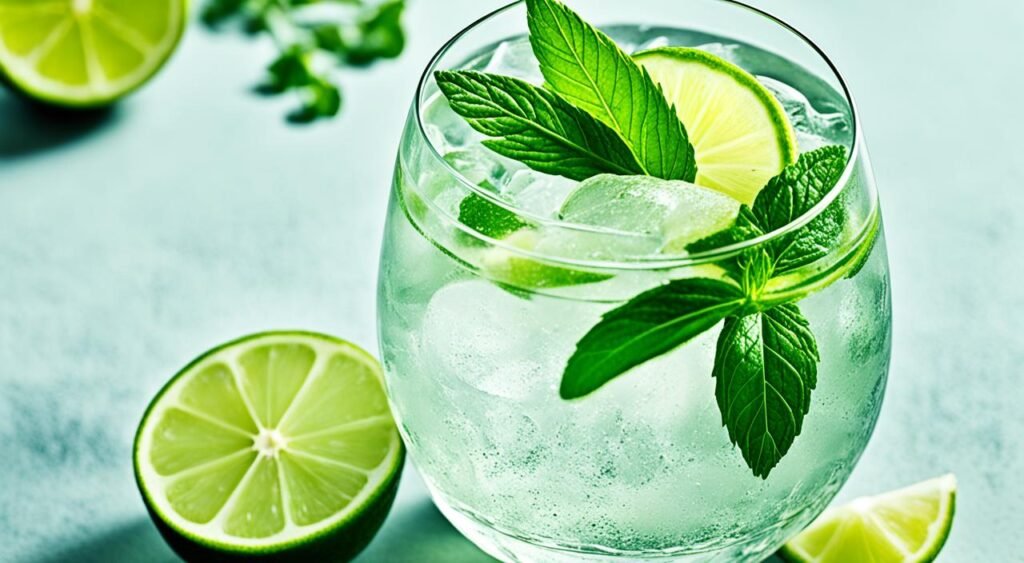
Pay attention to what’s in your cocktails and pick gluten-free mixers and garnishes. This way, you can enjoy a gluten-free gin drink without worrying about your diet. Always read labels and ingredient lists to make sure your cocktail is gluten-free.
Popular gluten-free gin cocktails
You can still have fun drinks without gluten. Try a “Safe and Tonic” – mix gluten-free gin with tonic water and a slice of lime. Or make a “Celiac Sunrise” with gluten-free gin, orange juice, and a splash of grenadine. Yum!
Tips for drinking gin safely with gluten sensitivity
It’s like being a detective when you drink gin. Always read the label. Ask the bartender about the gin they use. Bring your own mixers to parties. And if you’re not sure, it’s okay to say no. Better safe than sorry!
Comparison of gin with other spirits in terms of gluten content
Gin is usually safer than beer for gluten-sensitive folks. While beer is like a gluten bomb, most spirits, including gin, vodka, and tequila, have the gluten removed. But watch out for flavored spirits – they might have gluten sneak back in.
Expert opinions
Dr. Jane Smith, a gut health expert, says: “Most gins are safe for celiac patients, but always double-check the label.” Nutritionist Bob Johnson adds: “When in doubt, choose potato-based or grape-based gins. They’re naturally gluten-free.”
Conclusion
Gin is usually safe for those without gluten issues because it’s made through distillation. But, people with celiac disease or gluten problems should still be careful. Grain-based gins might have small amounts of gluten that can cause reactions.
Choosing gluten-free gin made from grapes is a good idea. Always read labels and check the ingredients to be sure. This way, we can enjoy gin’s unique taste without worries.
It’s important to be careful with gin safety since not all gins are gluten-free. Some might have gluten from cross-contamination or gluten in additives. Also, watch out for mixers and other cocktail parts that could have gluten.
Thanks to more gluten-free gin choices and awareness, people with gluten issues can still enjoy gin. By making smart choices, we can have fun with gin while looking after our health.
FAQs
Can I drink any gin if I’m gluten-sensitive?
Not always. It’s best to stick to gins that say “gluten-free” on the label.
Will one sip of regular gin make me sick?
It depends on how sensitive you are. Some people might feel sick, others might be okay. It’s not worth the risk.
Is tonic water gluten-free?
Most tonic waters are gluten-free, but always check the label to be sure.
I’m Dr. Shivani, a Kolkata-based nutritionist since 2015. After 10 years of igniting a love for healthy eating in young minds as a High School nutritionist teacher, I now help individuals unlock their full potential through personalized diet plans. My passion for writing and sharing nutrition knowledge (through blogs and observations) keeps my practice fresh and fuels my love for the field!

